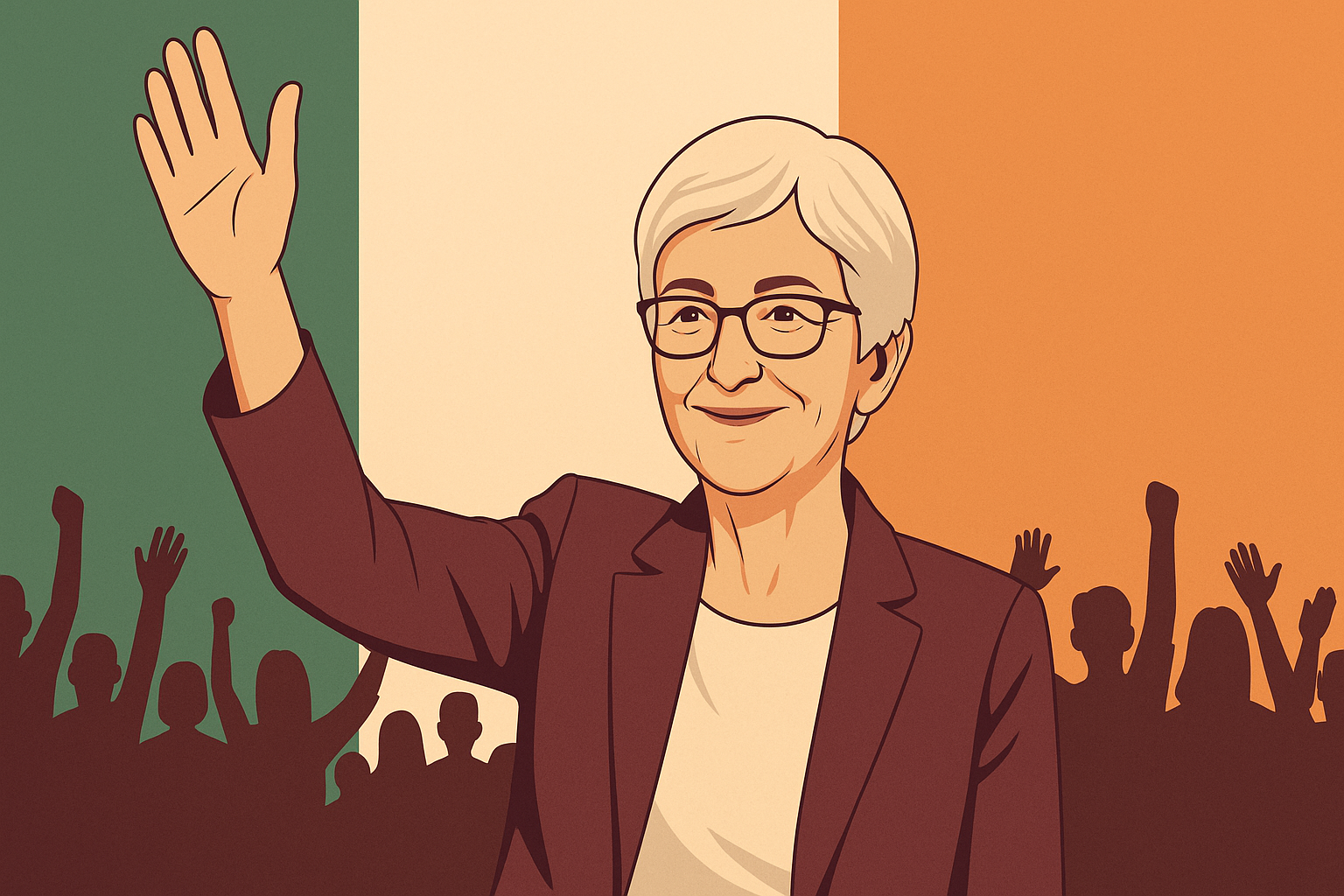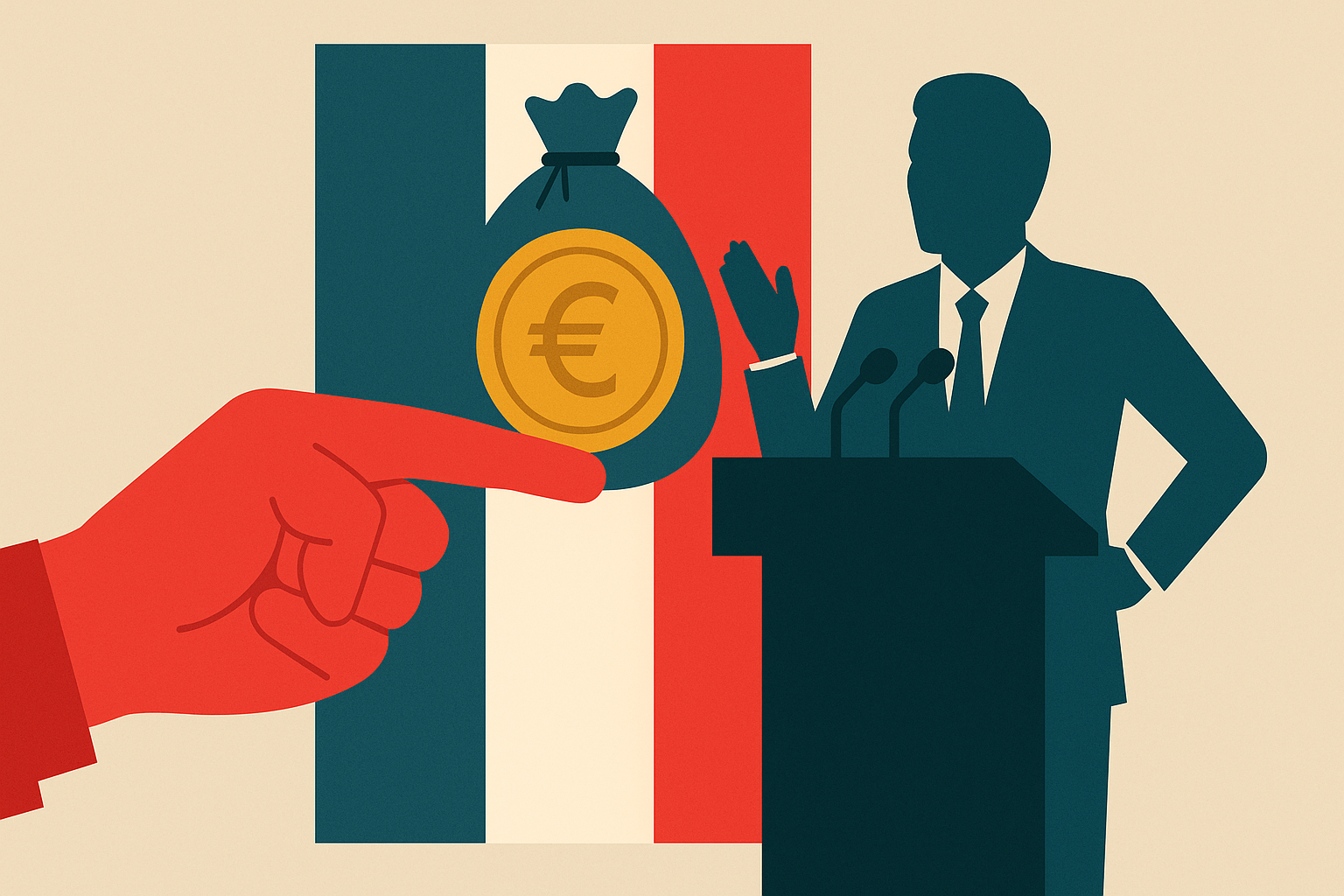Ireland has elected Catherine Connolly, a hard-left independent legislator backed by Sinn Féin and other left-wing parties, as its new president in a decisive victory that reshaped the country’s political landscape.
Connolly secured 63.4% of the vote, more than double that of her centre-right rival Heather Humphreys, who received 29.5%, marking the largest winning margin since the office was established in 1938. The result was announced at Dublin Castle on Saturday following a relatively low voter turnout.
In her first speech as president-elect, Connolly pledged to serve as “a president for all,” emphasizing inclusivity and unity.
“I will be a president who listens, who reflects, and who speaks when it is necessary,” she said. “A voice for peace, for neutrality, and against the existential threat of climate change.”
Connolly also called for a “new republic” built on diversity and equality, embracing Ireland’s multicultural identity and linguistic heritage.
Humphreys, along with Fine Gael leader Simon Harris and Taoiseach Micheál Martin, congratulated Connolly on her victory. Outgoing president Michael D. Higgins described it as a “momentous day” for her and her family.
Background and Campaign
Connolly, 68, grew up in a large working-class family and has built a reputation for her calm yet principled approach. A fluent Irish speaker, former barrister, and clinical psychologist, she became known for her strong advocacy of Ireland’s neutrality and pro-Palestinian stance.
She has frequently criticized the European Union’s military build-up following Russia’s invasion of Ukraine, arguing that Europe had lost its “moral compass.” Connolly also expressed skepticism toward the U.S., U.K., and France regarding their policies on Gaza.
Despite attacks from Fine Gael — including a controversial video highlighting her past legal representation of banks during the financial crisis — Connolly’s campaign drew strong support from young voters. Her social media presence, featuring lighthearted videos of rollerblading, piano playing, and football skills, helped energize her grassroots following.
Political Implications
While analysts caution that Connolly’s victory does not necessarily signal a unified left-wing movement, her success delivers a serious warning to the ruling coalition of Fine Gael and Fianna Fáil, which has governed since 2011.
Sinn Féin leader Mary Lou McDonald hailed the outcome as a “stunning victory for optimism and hope over cynicism and negativity.”
Connolly’s win — powered by a mix of authenticity, progressive ideals, and digital engagement — represents a defining moment in Irish politics, one that could reshape public expectations for leadership in the years ahead.








